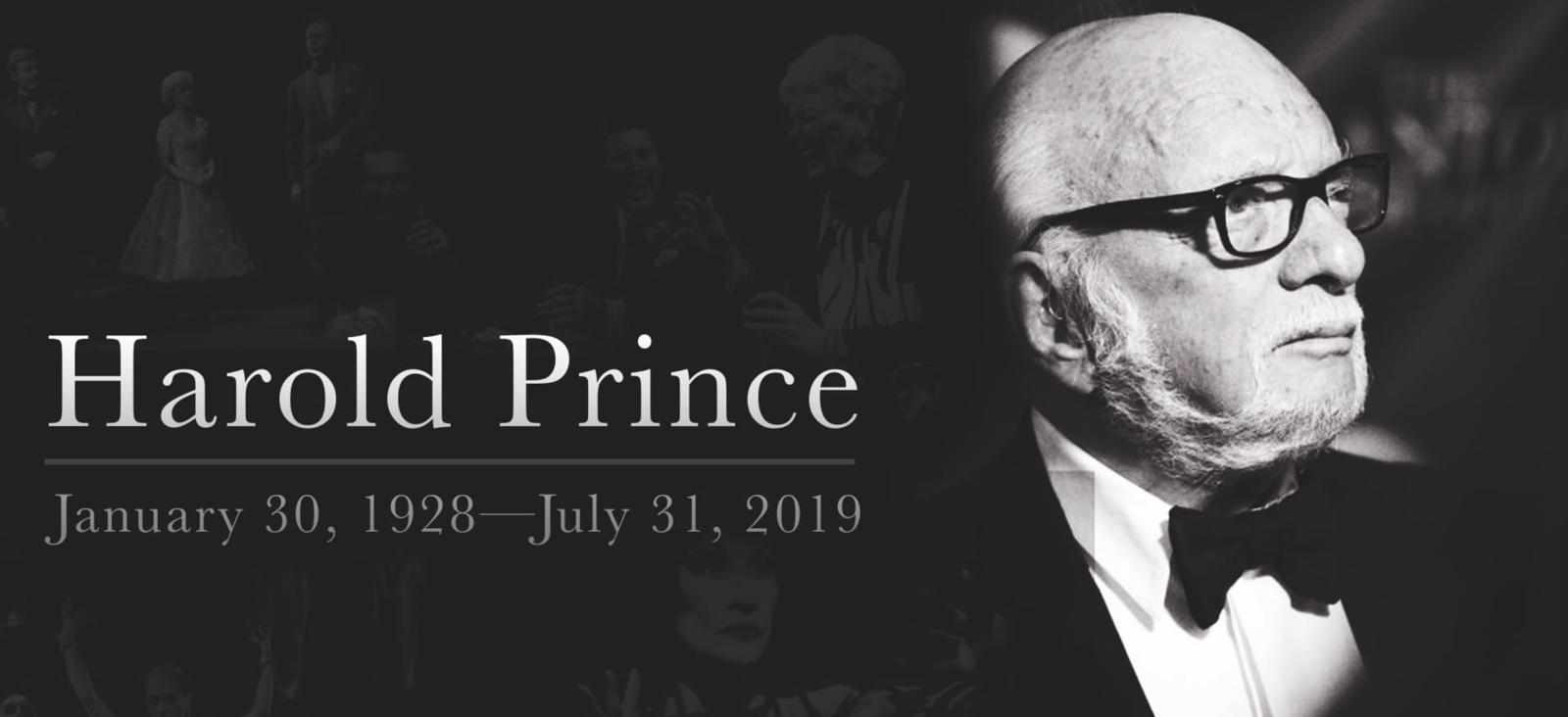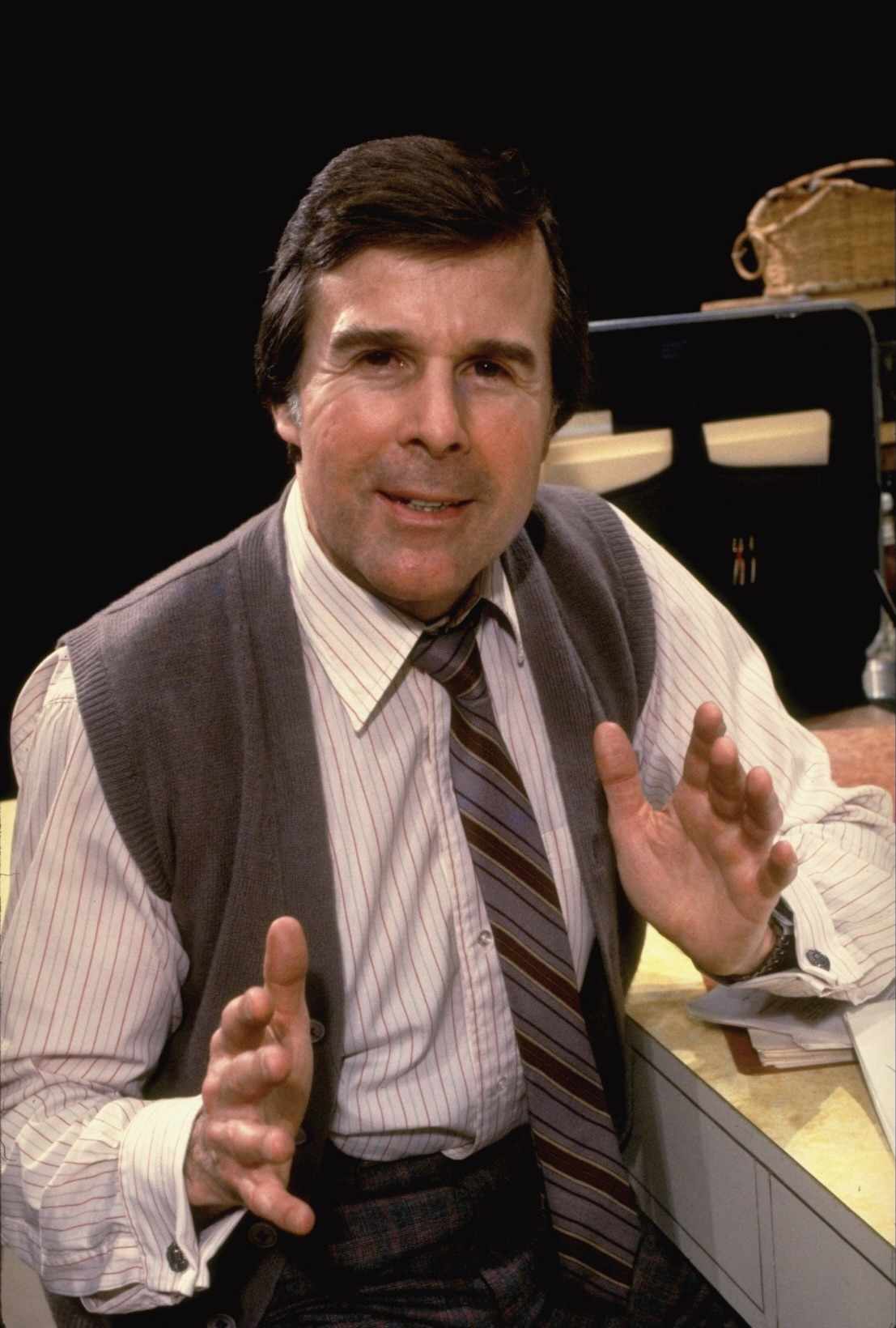
"The first play I ever wrote ran on Broadway for four years. The second one I wrote ran four nights." - Garson Kanin, playwright/director
Thus, swiftly sums up the vicissitudes of a life in show business. The former play Kanin refers to was the hit 1946 comedy Born Yesterday, later immortalized as a 1950 film with its original star, Judy Holliday, in the lead. The latter one was the 1949 flop The Smile of the World, which starred the actress and writer Ruth Gordon, who was Kanin's wife. The Smile of the World (what a sad title) was even booked into the Lyceum Theatre, the home of Born Yesterday, which had to have been some wish fulfillment for lightening striking twice, except it proved as rare as that sort of thing usually is. George Jean Nathan, then the dean of theatre critics, called the play "grandiose twaddle."

However, later in that same year of 1949, a reversal of fortune came by way of a film comedy Kanin co-wrote with Ruth Gordon, the beautifully crafted Adam's Rib, which starred Katharine Hepburn and Spencer Tracy. The film was one of the biggest grossers of the year and the Kanins were nominated for the Academy Award for Best Screenplay. Again, such are the vicissitudes of the profession. Up down/ down up.

And Kanin had many, many ups and downs. In his directing career he was responsible for a variety of dramas, comedies and musicals, like the Tony Award winning The Diary of Anne Frank, Sunday in New York and Do Re Mi (a Jule Styne/Comden and Green musical based on his own novel). And, although credited as director of the stage version of Funny Girl, his work was largely superseded by Jerome Robbins, who was brought in to save the show out of town. “I did not desert the company entirely, but I withdrew, and Jerry took over," he said." "The final credit ‘Directed by Garson Kanin—Production Supervised by Jerome Robbins’ was as confusing to me as it was to everyone else.” Vicissitudes.
It should be mentioned that in 1980, sixteen years after Funny Girl, Kanin wrote a thinly disguised novel all about a director of a musical and his difficulty with the show's star (among other indignities). It was called Smash, and if you recall seeing his name in the credits for the two-season NBC series from back in 2012, that's because Steven Spielberg optioned Kanin's novel and held onto the rights for years, although by the time the TV show about the making a Broadway musical came to fruition, there was no connection to what Kanin had written, save for the title.

Kanin's biggest directorial hit was also his best play, Born Yesterday (in truth, it was the only successful play he ever wrote — but what a play!). And if for some reason (I can't think why) that you have never seen the film version helmed by George Cukor, stream it when you can, as it's simply one of the best examples of plays-to-film ever made. Among its chief virtues, the wise decision to retain Judy Holliday as its star. It was three years between the time of the Broadway opening and when filming started to commence; plenty of time for a studio like Columbia Pictures to think about putting a big name into such a hot property. Another vicissitude. At the time, nobody in Hollywood knew who Judy Holliday was and could care less how she tore up Broadway as Billie Dawn, the dumb (but not-so-dumb) trophy girlfriend of a well-heeled gangster. And who was it that came to the rescue to secure her casting? A man with a plan (along with his wife), that's who. Kanin and Gordon hand-crafted a supporting role in Adam's Rib tailor-made for Judy. Once that film was released her talent was made clear to anyone with two eyes in their head. And at the following year's Academy Awards, her star performance in Born Yesterday eclipsed Gloria Swanson's Norma Desmond in Sunset Boulevard and Bette Davis's Margo Channing in All About Eve to earn Holliday the Oscar for Best Actress (awards junkies are still arguing that one — and it's been 70 years).

Born Gershon Labe in Rochester New York on Nov. 24, 1912, his family moved around a lot before settling in Brooklyn. The young man was restless and went to high school, in his own words, "only for a few months," before dropping out during the Great Depression to work as a musician and comic. "I wasn't a very good saxophone player," he said. "In order to hang on to my job, I had to get up and do funny numbers or songs. That led to playing in vaudeville, and I then became more aware of the theatre and attended the American Academy of Dramatic Arts." He then smartly attached himself to the premiere Broadway director of the day, George Abbott, and went to work in his office soaking up all he could from the man, who was not only a director, but a playwright and actor as well. According to Kanin’s New York Times obituary, "he wrote or directed 32 plays, acted in 8, worked on 29 films and wrote more than a dozen books of fiction and nonfiction, as well as hundreds of short stories and articles that were translated into numerous languages." In an interview, Kanin recalled how he came to a life inspired to write: "I wasn’t studying it in any way, except by osmosis. I was putting in long, long hours. I was going to the theater incessantly. I went every single night and to all the matinees, and over a period of eight or nine years, I’m sure I saw every single thing on which the curtain was raised in the city of New York — and a lot out of town."

Being prolific in the extreme also invites failure, as it is part and parcel of never giving up and always plowing ahead. It comes with the territory. Towards the end of his life, Kanin was quoted as saying, ''I've had a life, like everybody. There were some good things in it and a great many frustrations and disappointments and failures. And five years cut out of a very important part of my life, to be in the Army. It couldn't have come at a worse time. So I can hardly call that a happy life.''
After the death of Ruth Gordon in 1985 (she was seventeen years his senior by some accounts), it left the seventy-three-year-old without his life partner of forty-three years. Their daily routine of lunch at the Russian Tea Room and nights out at the theatre were over, but he found companionship with a dear friend, the inspired actress, teacher and writer Marian Seldes. They married in 1990 and remained together until his passing in 1999 at the age of eighty-six (Seldes died in 2014 at the same age).
Kanin once joked, “A man ninety years old was asked to what he attributed his longevity. ‘I reckon,’ he said, with a twinkle in his eye, ‘it’s because most nights I went to bed and slept when I should have stayed up and worried.’”
If you enjoy these columns, check out Up in the Cheap Seats: A Historical Memoir of Broadway, available at Amazon.com in hardcover, softcover and e-book. And please feel free to email me with comments or questions at Ron@ronfassler.org.





















Write a comment ...